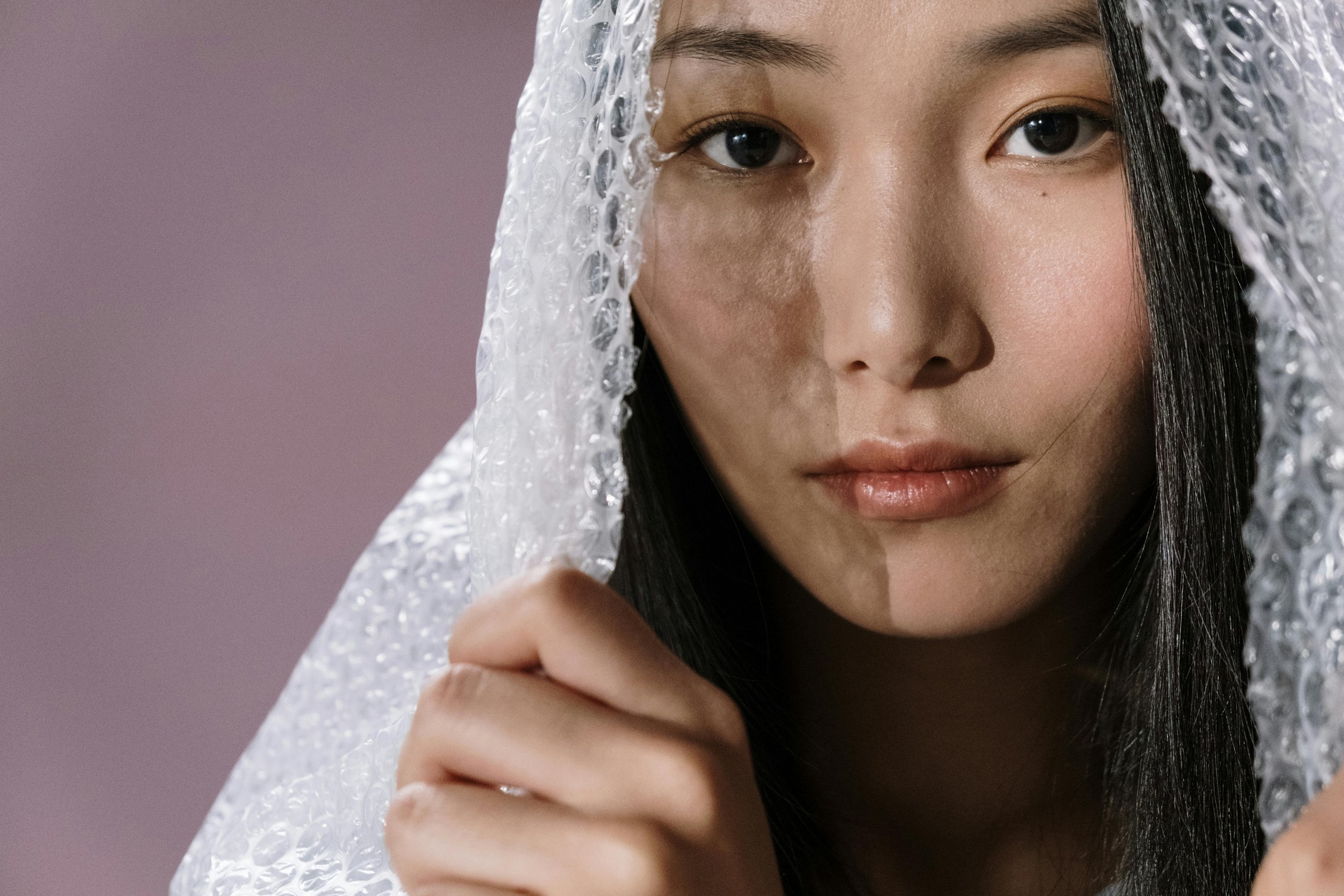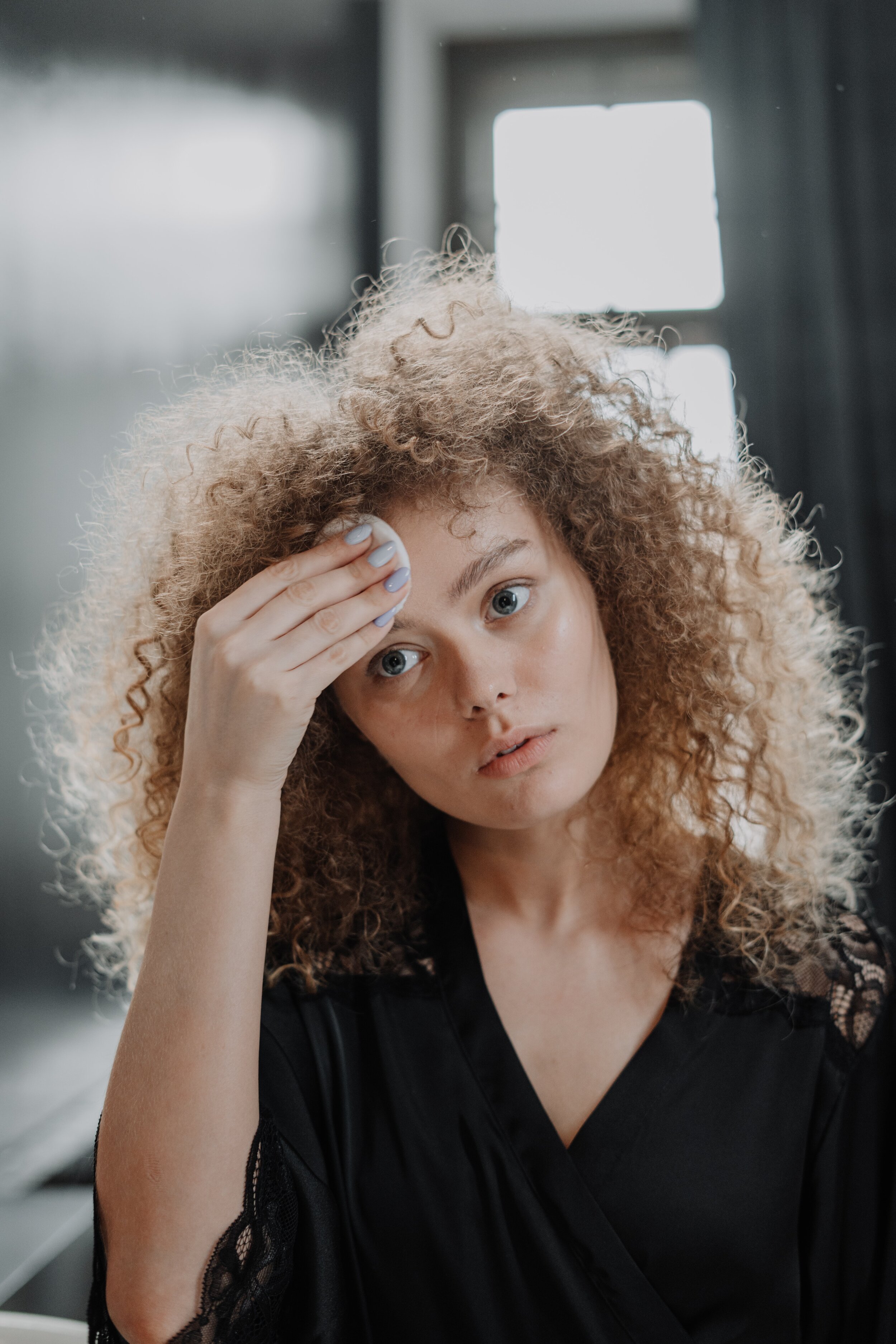
Welcome to The Aesthetics Edit™ - our educational platform at the intersection of art, beauty, medicine and science.
Explore by category and read our latest articles below,
or see a full list of all of our pieces here

What are Neurocosmetics?
The concept of neurocosmetics represents a fascinating convergence of neuroscience and skincare, marking a significant shift in how we perceive beauty and wellness. This emerging field, also known as psychodermatology, delves into the intricate relationship between the skin and the nervous system.

Psychology and Cosmetic Medicine
Assessment of the psychological needs of our patients is an essential aspect of good medical practice, and it is what separates the medical model from the purely “cosmetic model.”
It probably seems intuitive to suggest that there is a connection between our minds and our physical health. And the evidence holds that patient psychology matters massively in aesthetic medicine.
In this article we are going to briefly summarise some of the basic ways that cosmetic medicine and psychology intersect for clinicians.

Turn That Frown Upside Down: Can Botox Help Depression?
It comes as no surprise to hear that cosmetic medicine and psychology are interconnected, and that medical aesthetic treatments have the ability to have a dramatic effect - both positive and negative - on our mental health.
While a lot of the focus in this area is around serious issues like body dysmorphia, which highlights the importance of always going to an ethical medical professional who has the competence of diagnose and manage complex health issues - it is also worthwhile looking at the positive mental health effects this treatment can have.
One of the areas that I find the most fascinating is the role that Botox treatments have in depression. Early research is strongly indicating that Botox improves the symptoms of depression! So what do the studies show, and how does this work?

Why People Love to Hate Aesthetic Medicine
I come from a surgical background, and as much as I love it - it’s not always the most healthy environment. I have seen so many stunning female surgeons be chased out of the field - it’s sad, heartbreaking, shouldn’t happen - But also it’s the reality.
Here’s the beautiful thing about aesthetic medicine. It is the most female-centric, inclusive specialty I’ve ever come across. This doesn’t just apply to the medics. It is kind, it is inclusive, and it is non-judgmental.
We don’t judge our patients.
We don’t judge each other.
We just support, mentor, nourish, and work so so hard to do our best.















The concept of “Instagram face” is not a new one, but has received more recent attention as Meta has banned filters that encourage plastic surgery. Awareness of the role that social media and photo editing plays in aesthetic medicine is incredibly important for both clinicians and patients. The influence of social media can be incredibly negative, and it means it’s more important than ever to navigate between good, ethical medical practice versus “selling” cosmetic procedures.